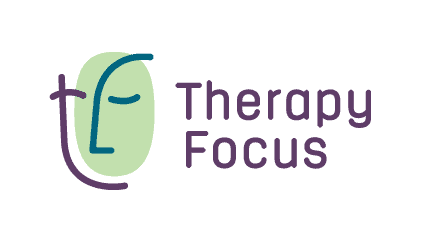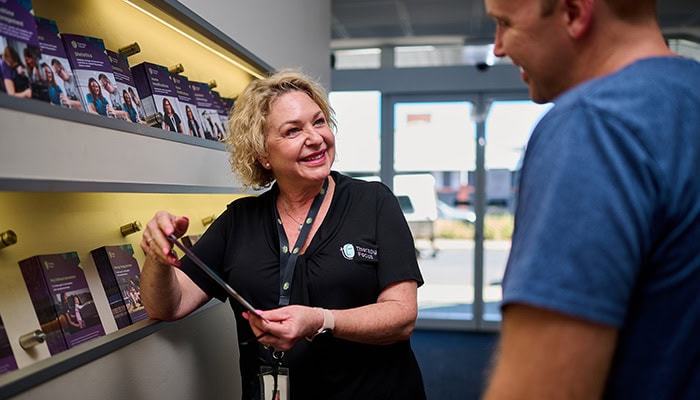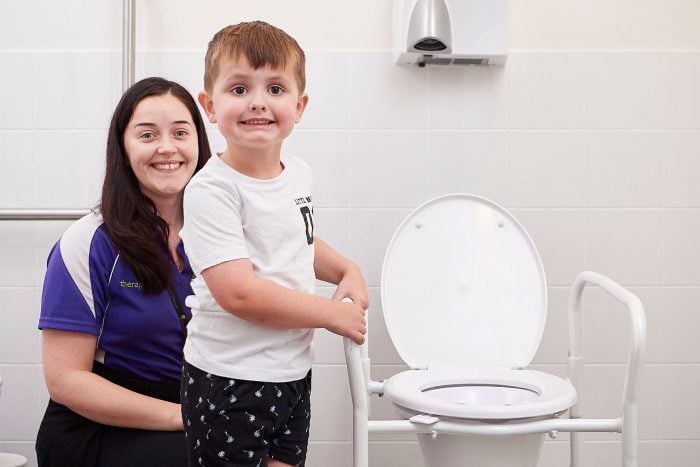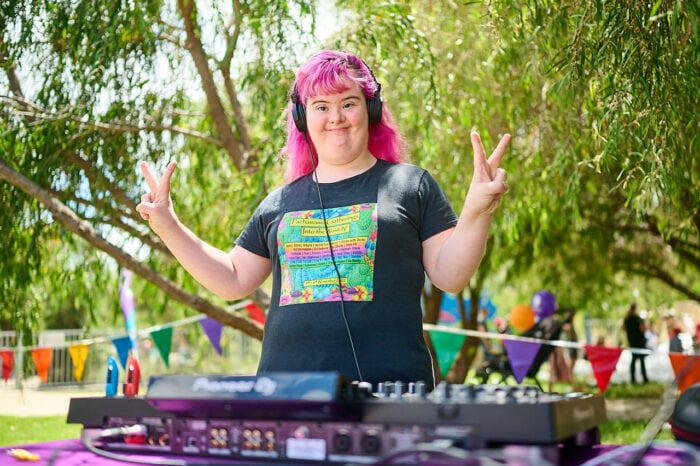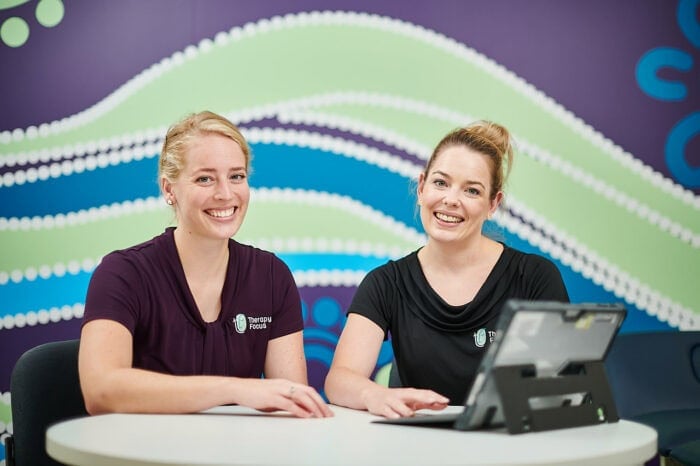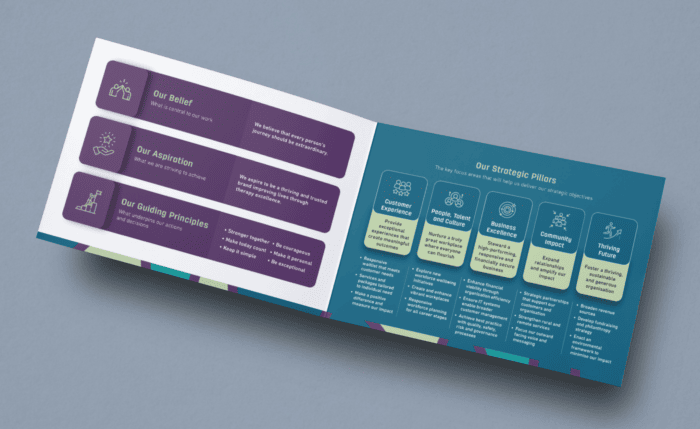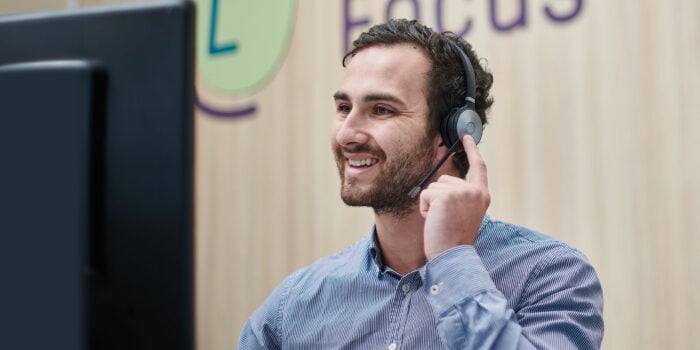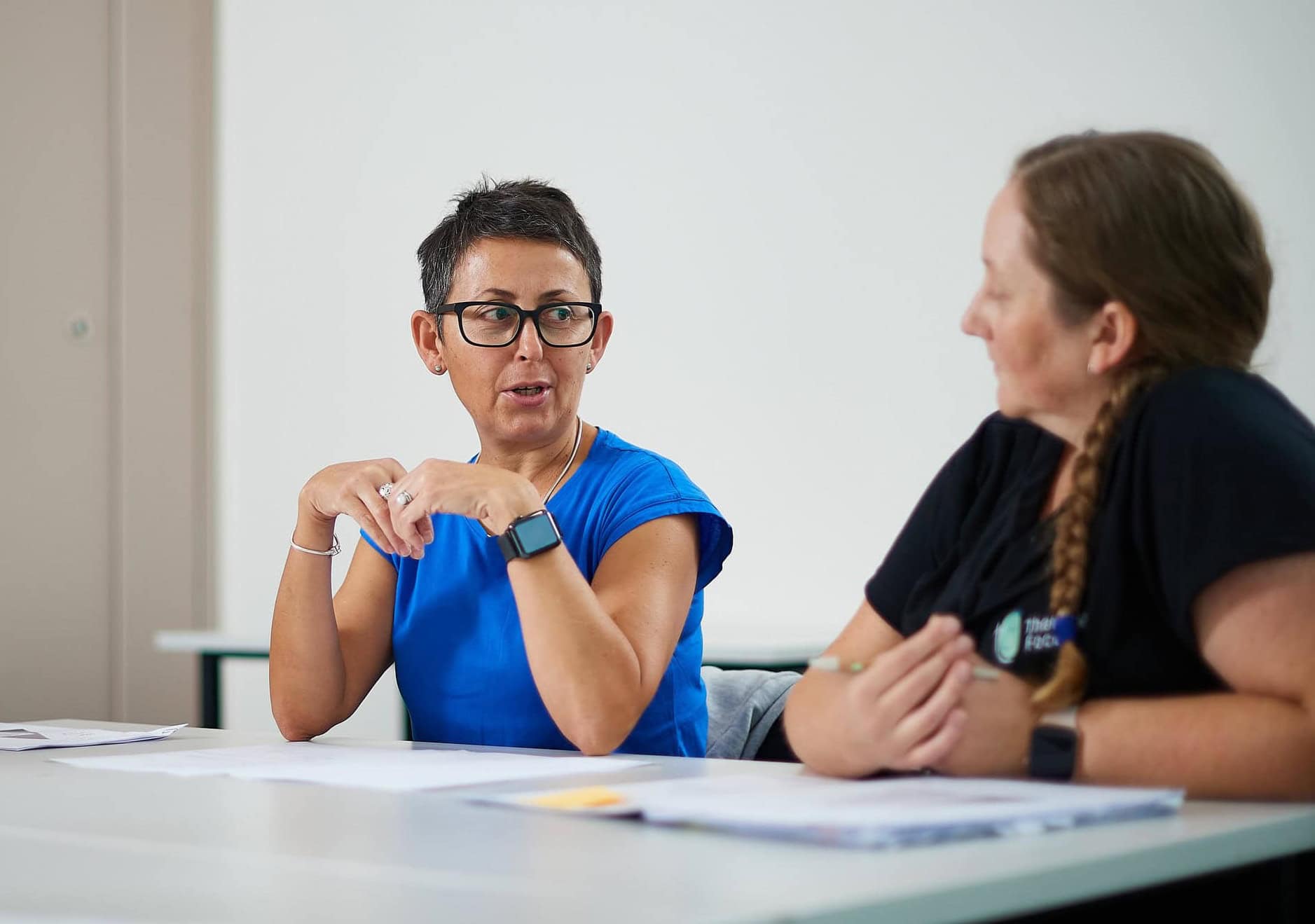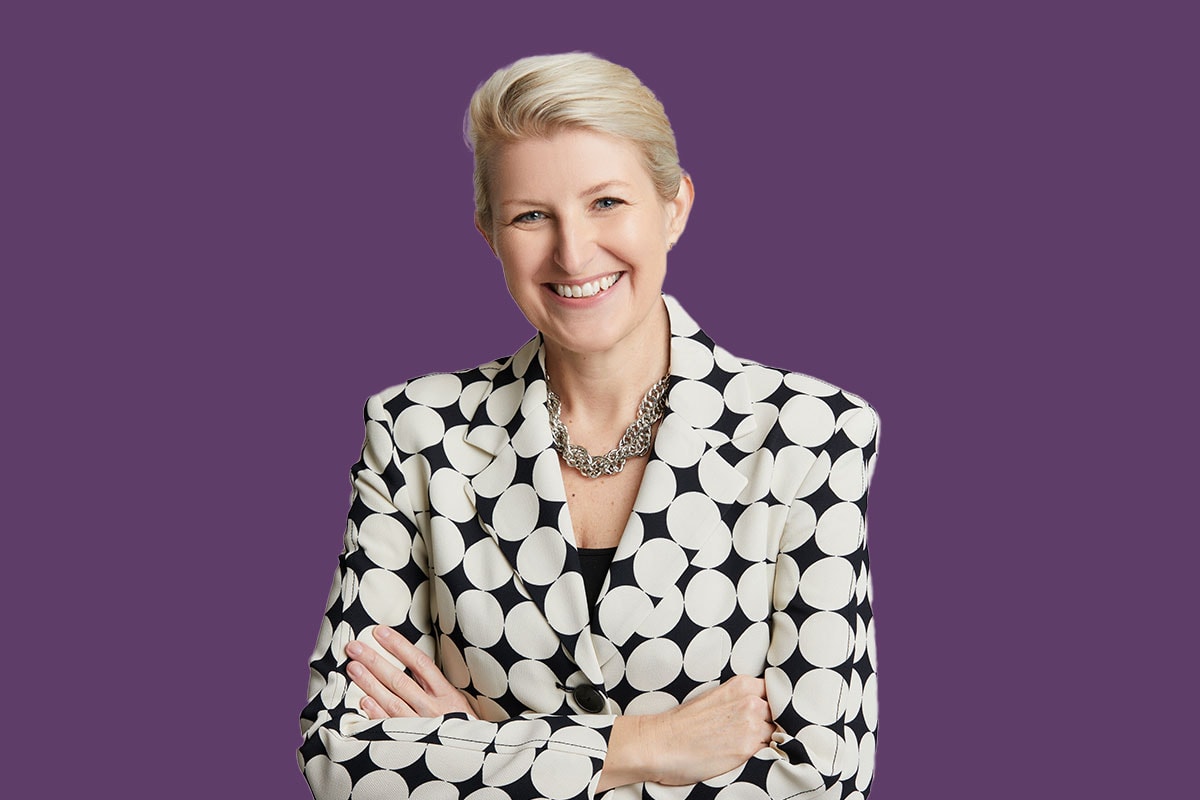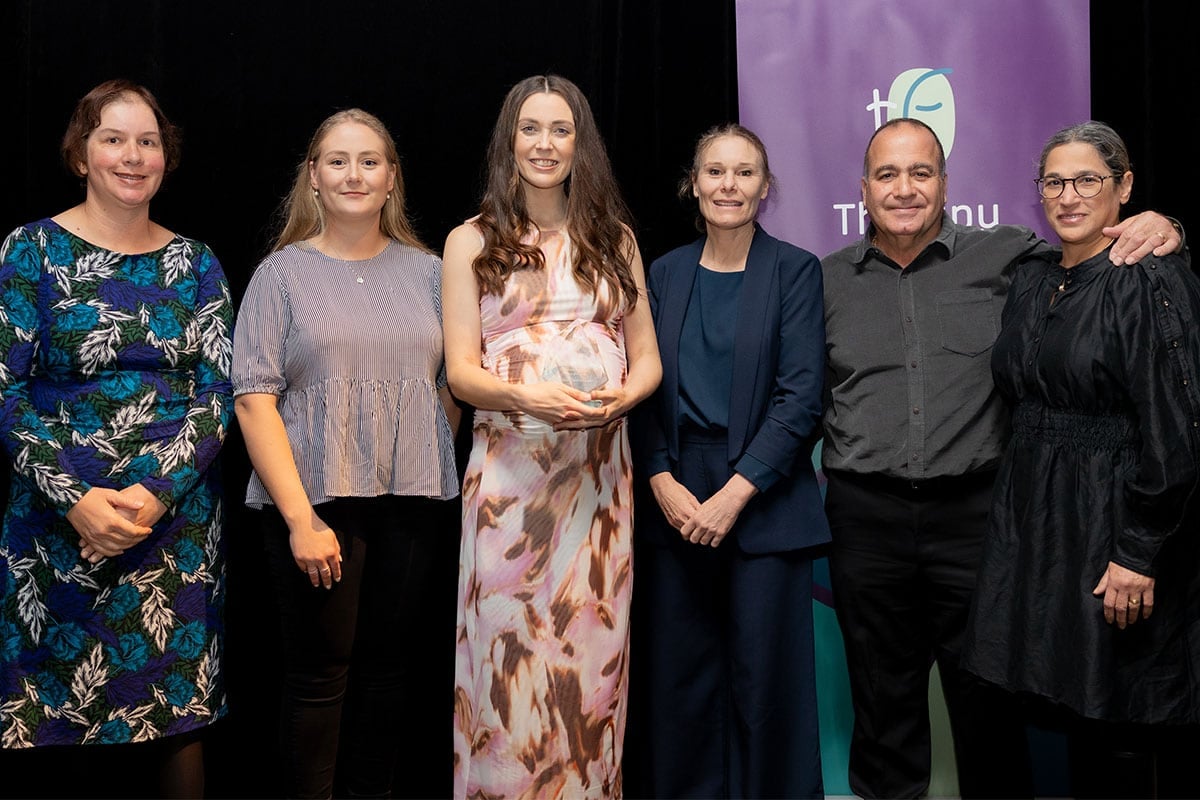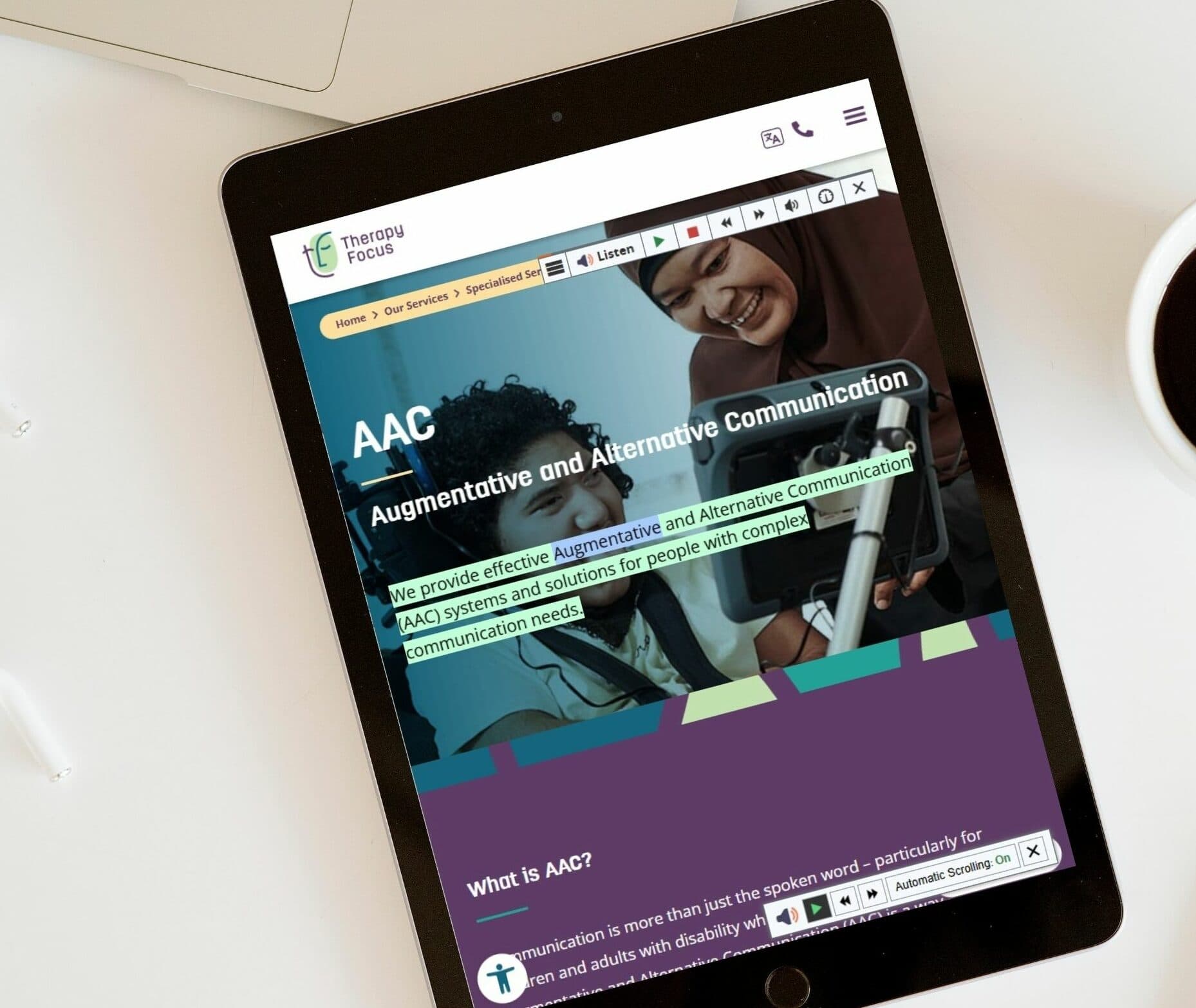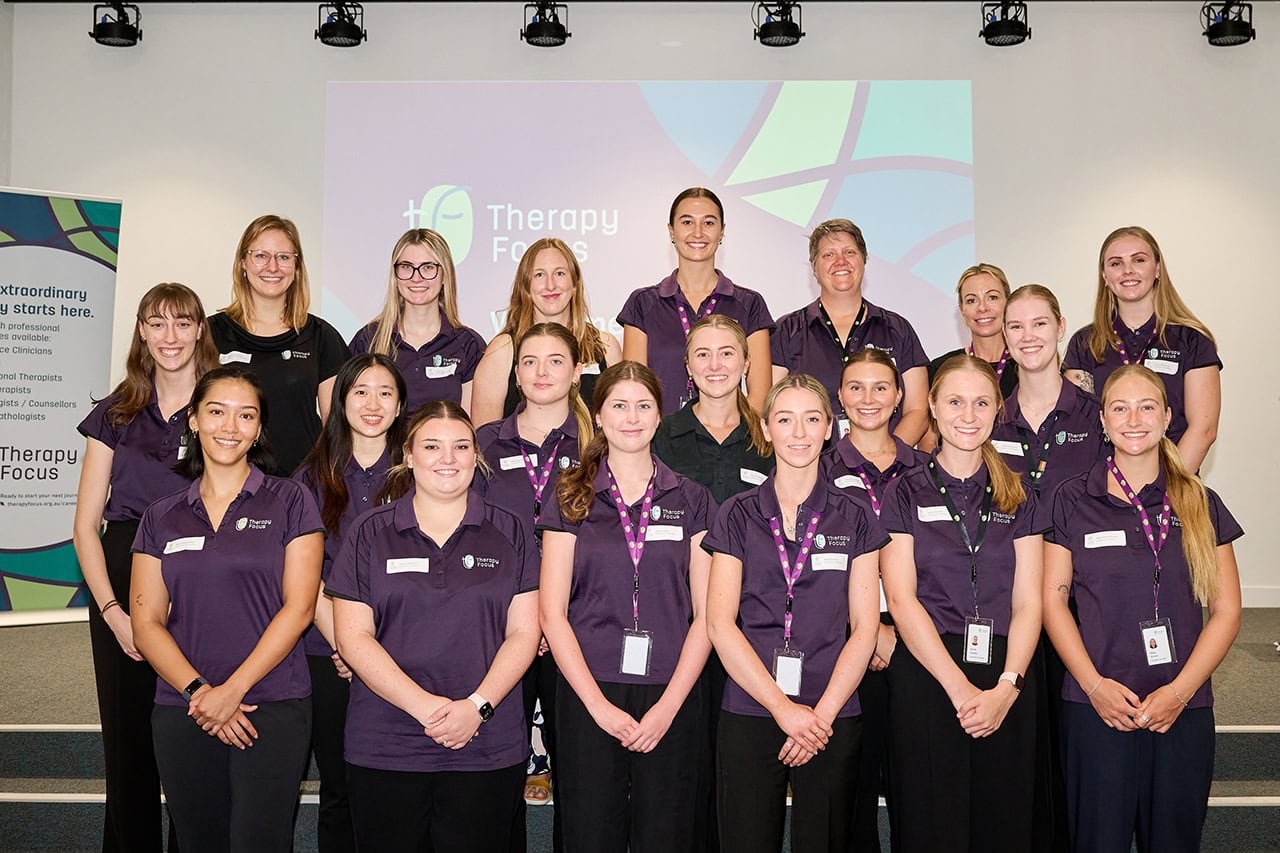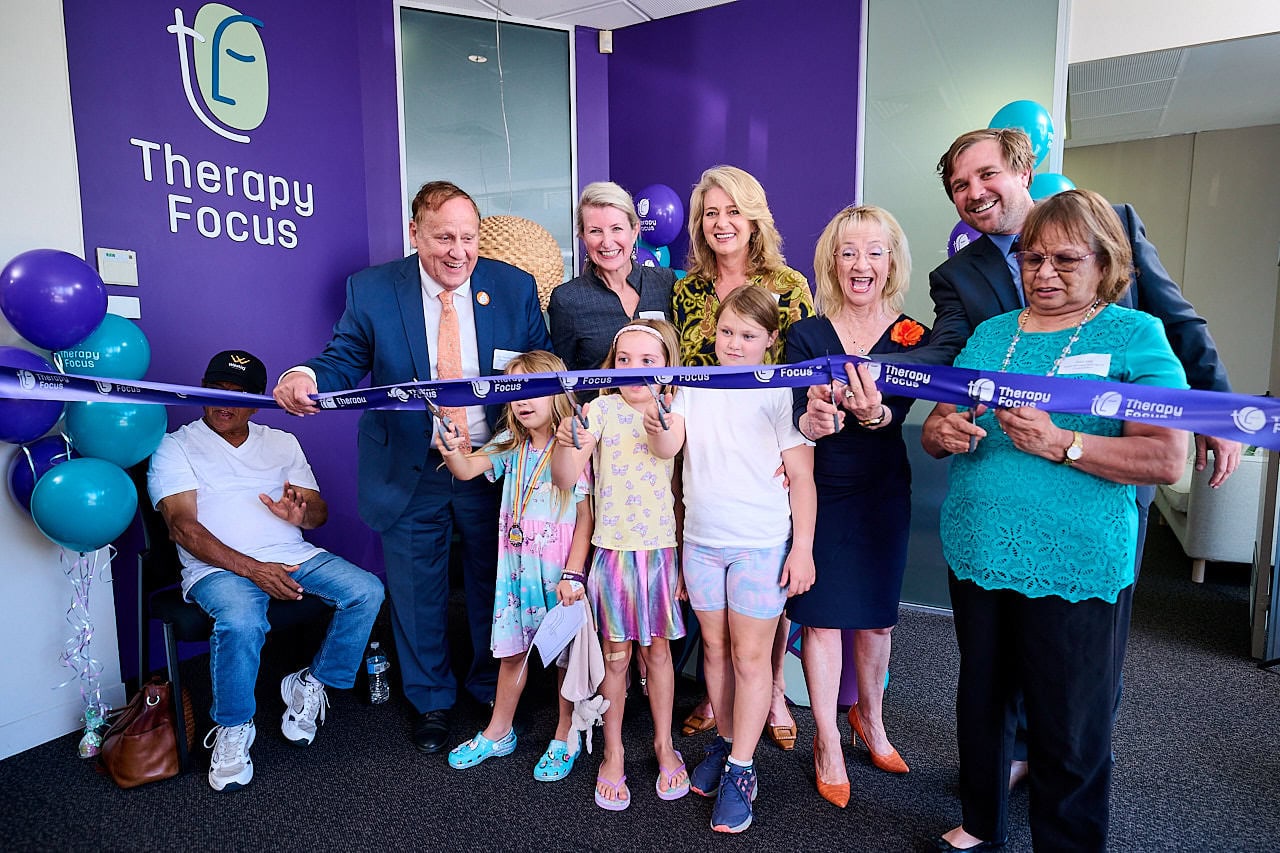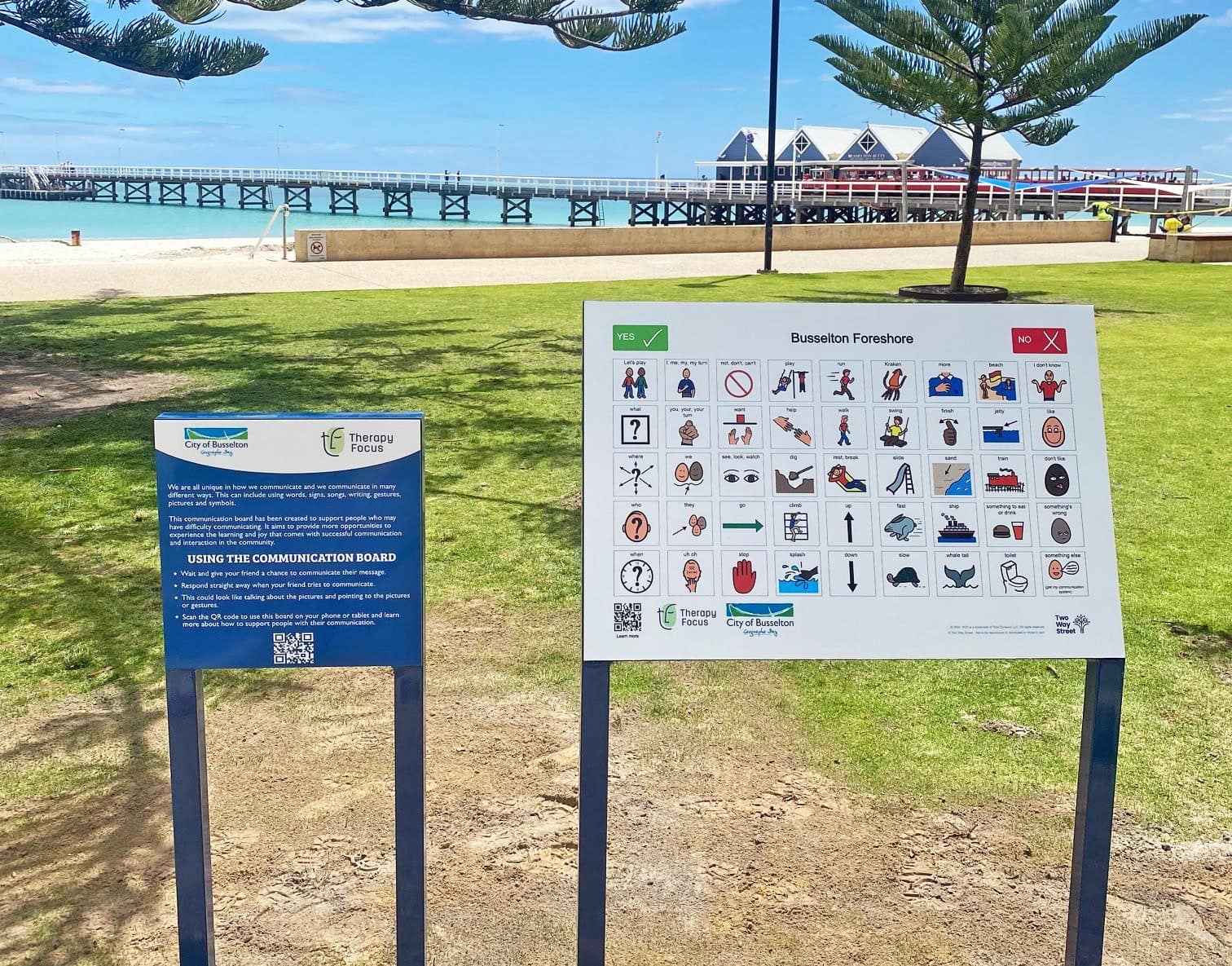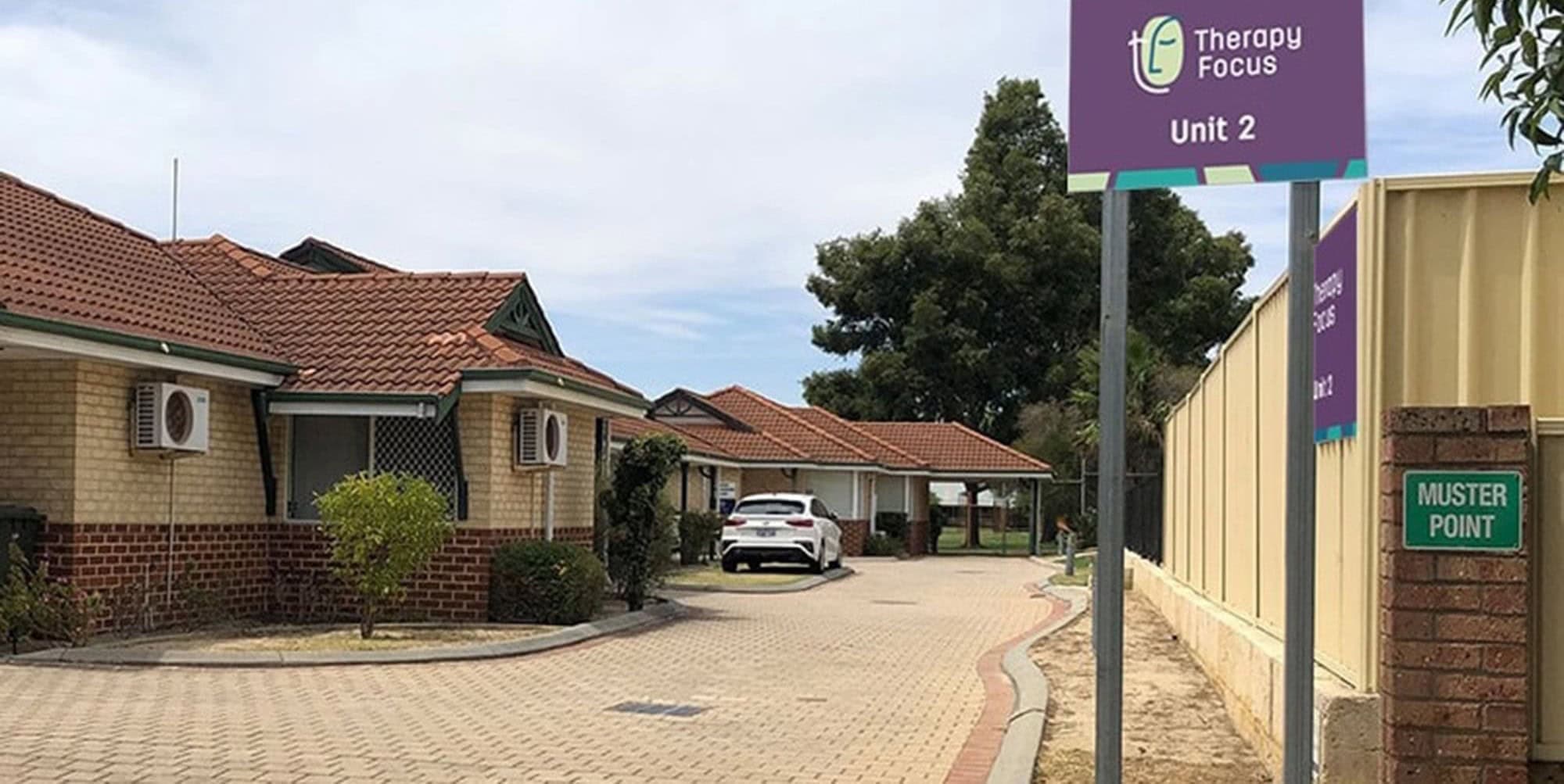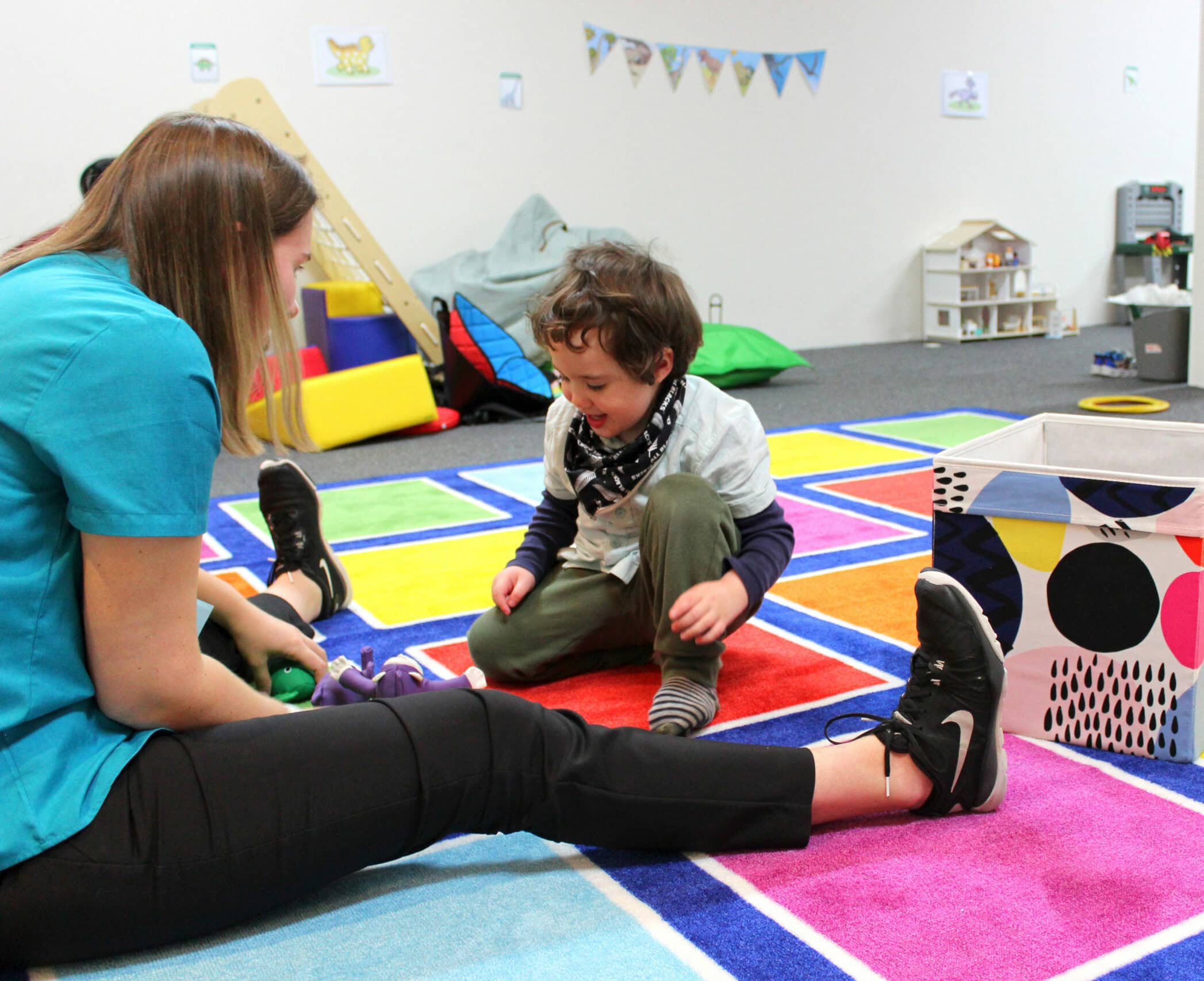Gaming Therapy makes student friendships a priority at Shenton College
In partnership with Therapy Focus, WA’s leading therapy service provider, Shenton College adopted a new way of supporting its students to build connections with each other ahead of school starting in 2022.
Shenton College understands that high school can be daunting for some children, especially those that struggle socially. In a new trial run by the College, they identified and invited students to participate in Gaming Therapy prior to the new school year commencing. Students met in a virtual world through the popular online game Minecraft, supported by experienced therapists, students worked together to achieve goals and in turn, build social connections.
Shenton College saw great success with its first sessions in supporting its students to gain confidence and build social connections.
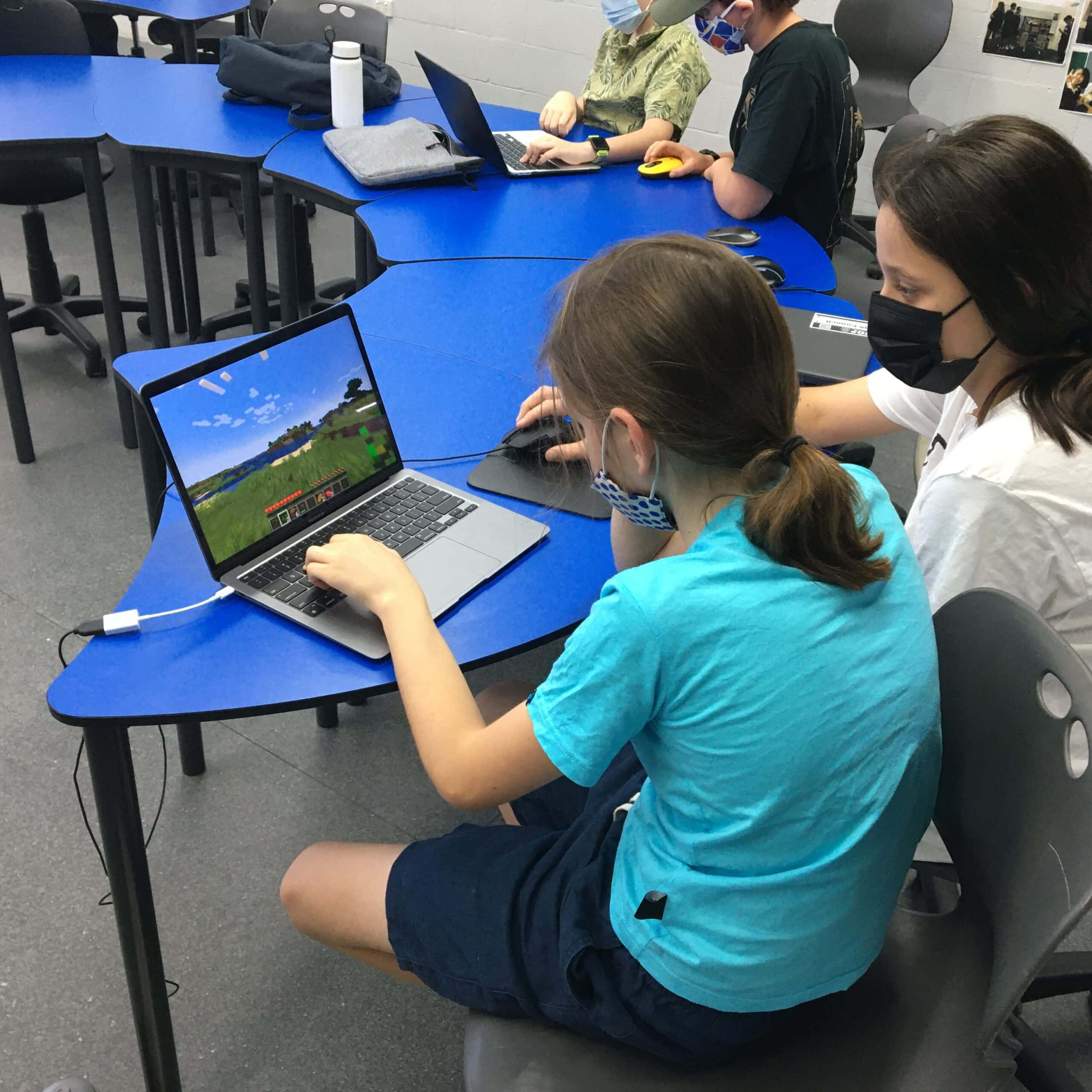
Pictured: Shenton College students collaborate as they play Minecraft together.
When asked which students would benefit from these sessions Shenton College’s Senior School Psychologist, Olwyn Maddock said “there was a range of students who were invited [to attend Gaming Therapy sessions] …They included kids who just love Minecraft, who had been identified with ASD and who want to make friends, who live with anxiety. The kids we know may struggle to get to know others and need some help (and fun), as well as the new students who may need help with the transition (Year 6 into Year 7) to Shenton College.”
Isabella Cammarano, Therapy Focus Occupational Therapist and Gaming Therapy Facilitator attended the Shenton College session and noticed remarkable benefits for the students.
“The gaming therapy service was beneficial for children at school to develop meaningful friendships through a mutual interest (gaming) – potentially making school a more enjoyable place to be and therefore, supporting students to be in an optimum mindset to learn. The program strengthened their ability to work in a team, problem solve and communicate – all life skills that we use every single day,” Isabella said.
Therapy Focus Occupational Therapist and Gaming Therapy Facilitator Corey Thatcher echoed Isabella’s sentiment.
“Gaming therapy provided participants with the opportunity to socialise with known and new peers within a shared platform that they are comfortable using, making the experience comforting and ensuring a safe space to learn. Within two sessions at Shenton College, it was evident that the participants made significant gains in terms of their confidence in socialising with their peers, as sessions progressed, and allowed those transitioning from primary school to high school a means of meeting new friends,” Corey shared.
Therapy Focus adapted their usual group schedule which is designed to run over several weeks to allow for a more relaxed, single introductory session for students.
“We worked with Therapy Focus to ensure it is just an introductory session and not their usual focus group (kids with diagnosed ASD) as it is a transition tool for Shenton College. This is the first time Therapy Focus has conducted a group in a school, so Shenton College was very pleased to be the first one to try this” Olwyn said.
Looking to the future, Therapy Focus hopes to expand the service offering to other schools looking to support student transitions.
“Our vision for future groups is to allow for students to become increasingly confident in socialising with peers within the school setting, allowing for a smooth transition into an environment that may be perceived as intimidating, preventing social isolation for students, and improving their quality of lives,” Corey said.
Do you have a story to share?
Whilst everyone’s experiences are different, sharing your story can inform, inspire and help others in many ways. If you feel comfortable sharing your therapy journey, get in touch with our friendly team today.
